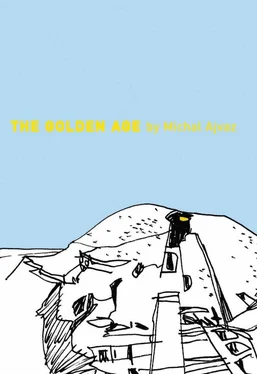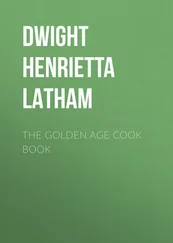I am glad that I succeeded in making this second, imaginary journey to the island without succumbing to the Sirens of sense, ideas and guidance. Everyone has his own magical library and in it his eposes of the bizarre, the pages of which sometimes gleam in the dark. The girl in Michle encountered a luminous Iliad woven from TV advertisements. My second journey to the island became an odyssey at whose beginning lay a ghostly Ogygia of the past and at whose end was a phantom Aeaea of language; it became a journey from the nymph of blissful forgetting to the sorcerer of purposeless metamorphosis.
Although at the beginning of this travelogue I boasted of my power to resist absurdities, perhaps when I did so I was clinging to the hope that I would glimpse some purpose in my stay on the island. I have not been able to shake the feeling that journeys should bestow at last some kind of experience. But the writing of this book has brought it home to me that my stay on the island was but a small tear in the great web of experience — a pulsating empty space that sometimes widens and makes threats, that devours everything, that is sometimes overgrown with old connections. The void of the erased face of the island’s king, the void at the centre of the island’s Book that skips from page to page, the void of the expiring roots of words, the void of the blank pages of travellers’ diaries.
Perhaps this tear had something in common with the void out of which words arise, a void which always lies silently in the gaps between letters and in their hollows like the cool, treacherous snow blown into the characters of the neon sign on the roof of the Paris department store; the void of this tear called for a book, for a travelogue — not to join together the words, but so that it might look with pleasure in the mirror of sentences, so that in their chinks, tears and hollows it might encounter its own self, so that thanks to a book it might defend its forever-threatened purity. As such my book has become a reflection of the island’s Book , which I first dipped into on a terrace in the rock of the upper town, and which exasperated and bored me for so long. This Book that has nothing to say and whose author is the last person to ask about its meaning, is actually an empty space, too, just a gulf of emptiness in a world of fullness, one of the places where the knots of reality unravel and where every world becomes a question without an answer.
But I hope that this void does not worry you, dear reader — this is the last time I will address you thus, as the time has come when we must say our farewells. I trust you have read my travelogue with enough attention to realize that I did not drown in the cool void, that I still have my images, that this emptiness does not mean indifference, solitude and the extinguishing of conversation. Quite the contrary, in fact: only out of emptiness may the shapes rise and the words sound, shapes and words hitherto untouched by the fragrances of the void, shapes and words whose breath bears the tremor of an old, elusive message; perhaps in my voice, which draws on the currents of the void, which resonates beneath the pages, something of this tremor that fascinates us all has been preserved, while your invisible face — which somewhere in the dark turns towards me and makes itself known only by breath that has yet to become the matter of words or part of a gesture, but so far just a tremor in the void — is to me a revelation of a world of living absence, which wakes a ripple of utterance on the surface of another eddying emptiness. And so do tremulous emptinesses and their never-ending game create borders between one another, in whose twisted relief are created words, thoughts, dreams and desires, and in which the faces of heroes and gods, the images of animals and plants, palaces, towns and ships at sea appear.
And it seems to me that this is the place to stop. The nameless island in strange seas is evidently deserving of the sleepless nights of the one who returned, and also of his writing a book about it in which he sings his variations on motifs of island life. But it has also earned the right not to be thought about for too long, to be released into oblivion when the time arrives, for the images born on its soil to be scattered to rubble and thoughts of them to be changed to anonymous music in the accompaniment of new thoughts and new journeys.
About the Author and the Translator
MICHAL AJVAZ is a Czech novelist, essayist, poet, and translator. In 2005, he was awarded the Jaroslav Seifert Prize. He is a researcher at Prague’s Center for Theoretical Studies. In addition to fiction, he has published an essay on Derrida, a book-length meditation on Borges, and a philosophical study on the act of seeing.
ANDREW OAKLAND’s recent translations include Radka Denemarková’s Money from Hitler , Martin Reiner’s No Through Road , and the autobiography of architect Josef Hoffmann.












